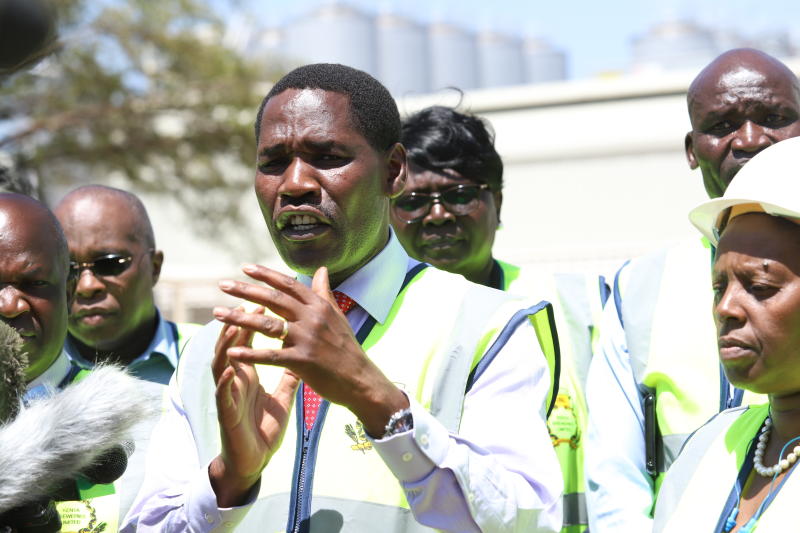×
The Standard e-Paper
Join Thousands Daily

The brewing of low-end beer at a plant in Kisumu could register a steaming start following a Government pledge to support production of sorghum, its main raw material.
The brewery owned by Kenya Breweries Limited (KBL) is undergoing final systems and quality test runs ahead of opening in the coming weeks. It will take up over 15,000 tonnes of sorghum to produce up to one million litres of Senator Keg.